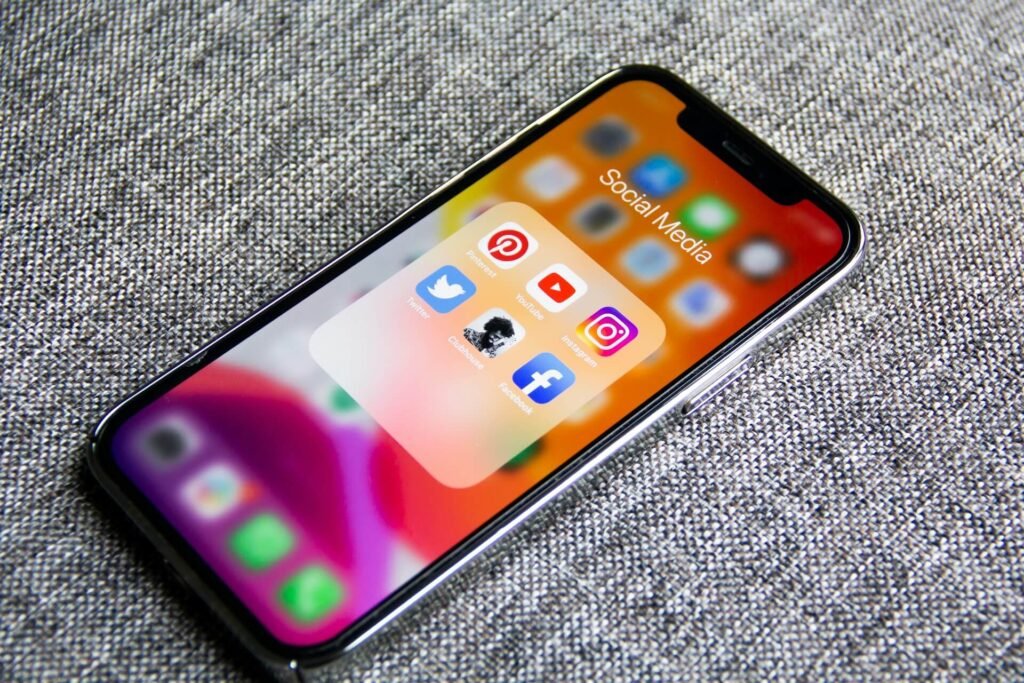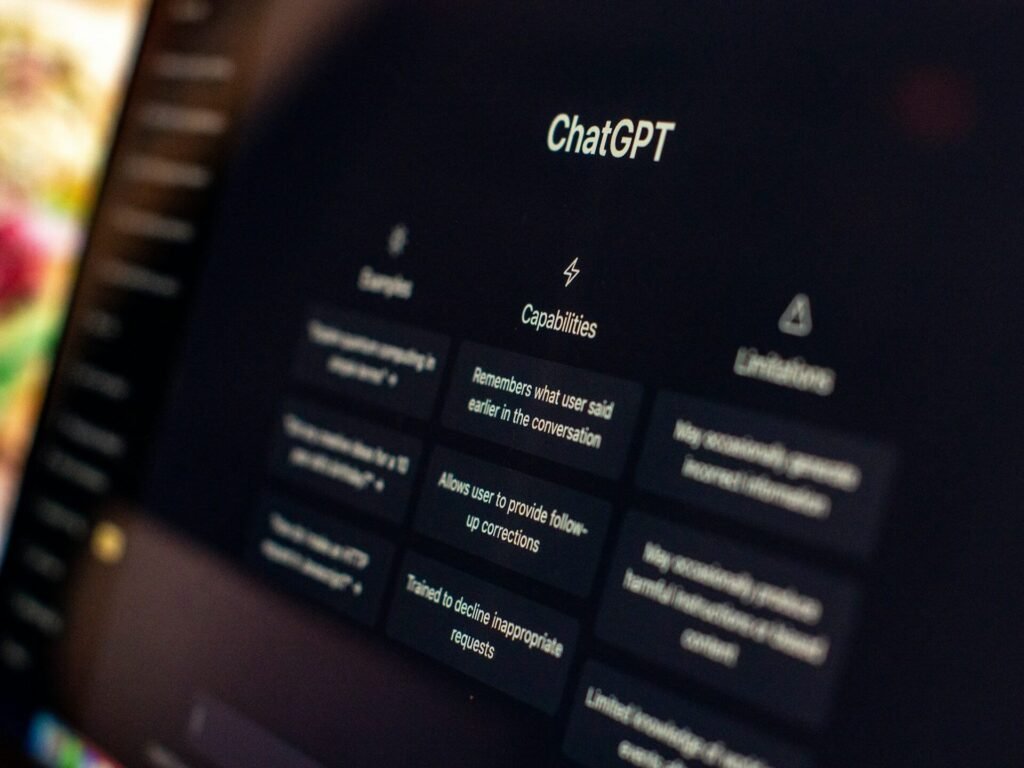Share this blogpost! :)

A few months ago, I was looking for ways to earn some extra money. With many people talking about how useful ChatGPT could be, I decided to explore its potential. After researching and experimenting, I discovered how to turn ChatGPT into a profitable side hustle. Here’s a detailed, step-by-step guide on how I did it and how you can too.
1. Identifying My Side Hustle Goals
Define Your Objectives
Assess Your Skills
Personal Strengths: I thought about what I was good at. Writing and content creation were my strengths. Knowing this helped me decide how to use ChatGPT for my side hustle. I knew I could leverage these skills to create valuable content with ChatGPT’s help.

2. Creating and Selling Digital Products
Develop Your First Product
Research Topics: I started by using ChatGPT to brainstorm and outline the key topics for my eBook. ChatGPT helped me come up with a list of essential budgeting tips and strategies that were relevant and useful.
Write Content: I gave ChatGPT prompts for each chapter, and it generated the text based on my ideas. After receiving the content, I carefully reviewed and edited it to ensure clarity and accuracy. Editing was crucial to make sure the information was easy to understand.
Design the eBook: I used Canva to design the cover and format the pages of my eBook. The design was simple but attractive. An eye-catching cover helped draw in potential buyers and made the eBook look professional.
Publish and Sell
Choose a Platform: To reach a broad audience, I published my eBook on platforms like Amazon Kindle Direct Publishing (KDP) and Gumroad. These platforms made it easy to handle transactions and reach people who might be interested in my eBook.
Promote Your Product: I wanted to drive sales, so I used social media and my blog. I wrote related blog posts and shared them on social media with links to buy the eBook. To attract more buyers, I offered a free chapter as a teaser.
3. Exploring Affiliate Marketing
Create Promotional Content
After seeing some success with my eBook, I wanted to find additional ways to earn money. Affiliate marketing seemed like a great option. Here’s how I used ChatGPT to help with affiliate marketing:
Write Reviews: I used ChatGPT to write detailed reviews of various financial tools, like budgeting apps and credit cards. ChatGPT helped generate content and organize my reviews in a clear and engaging way.
Include Affiliate Links: I made sure to include affiliate links in my blog posts and reviews. These links directed readers to products where, if they made a purchase, I earned a commission.
Promote Your Content
Start a Blog or YouTube Channel: I created a blog where I regularly published content. ChatGPT was helpful in writing blog posts and creating video scripts. Having a blog or YouTube channel allowed me to share more content and attract more readers or viewers.

Use Social Media: I shared my content on social media to drive traffic to my affiliate links. I also used paid ads to reach a larger audience, which helped increase my chances of earning commissions.
4. Generating and Monetizing Content
Create High-Quality Content
Write Blog Posts: I used ChatGPT to craft engaging and informative blog posts about personal finance topics. I made sure my content was optimized for SEO to attract more visitors and improve my search engine rankings.
Create Social Media Content: To engage with my audience, I developed social media posts that encouraged interaction and drove traffic. ChatGPT helped me come up with ideas, captions, or complete posts for platforms like Instagram and Twitter.
Monetize Your Content
Ads and Sponsorships: As my blog and social media channels grew, I began earning money through ads like Google AdSense and sponsorships from brands. These revenue streams provided additional income and helped support my side hustle.
Affiliate Links: I continued to include affiliate links in my content to earn commissions on sales. This was a steady way to generate passive income as people clicked through and made purchases.

5. Scaling and Optimizing
Track Performance
Analyze Metrics: To understand how well my digital products and affiliate marketing efforts were performing, I used analytics tools. These tools helped me see what was working and where I needed to improve.
Review Feedback: I gathered feedback from readers and users to understand what they liked and what could be improved. This feedback was valuable for making adjustments and improving my content.
Make Adjustments
Optimize Content: Based on the performance data and feedback, I updated and improved my content. This included refining blog posts, tweaking social media strategies, and enhancing my digital products.
Refine Strategies: I adjusted my marketing strategies and content offerings to better meet my goals. This included experimenting with different types of content and exploring new promotional methods.
Explore New Opportunities
Find New Ideas: As my side hustle grew, I looked for new ways to use ChatGPT. I explored creating new types of digital products and trying different content formats to keep things fresh and engaging.
Automate Further: I identified other areas where I could apply automation to make my side hustle more efficient. Automation helped save time and allowed me to focus on scaling my efforts.

Turning ChatGPT into a profitable side hustle has been a rewarding experience. By leveraging its capabilities, I was able to create digital products, explore affiliate marketing, and generate valuable content. The key to success was starting with a clear goal, using ChatGPT effectively, and being open to experimenting with different methods.
If you’re looking for a flexible way to earn extra income, ChatGPT can be a powerful tool. With creativity and effort, you can build a successful side hustle that fits your lifestyle and financial goals.
Do you have a side hustle idea or any questions about using ChatGPT? Feel free to share your thoughts or ask for tips—I’d love to hear about your experiences!
Share this blogpost! :)
